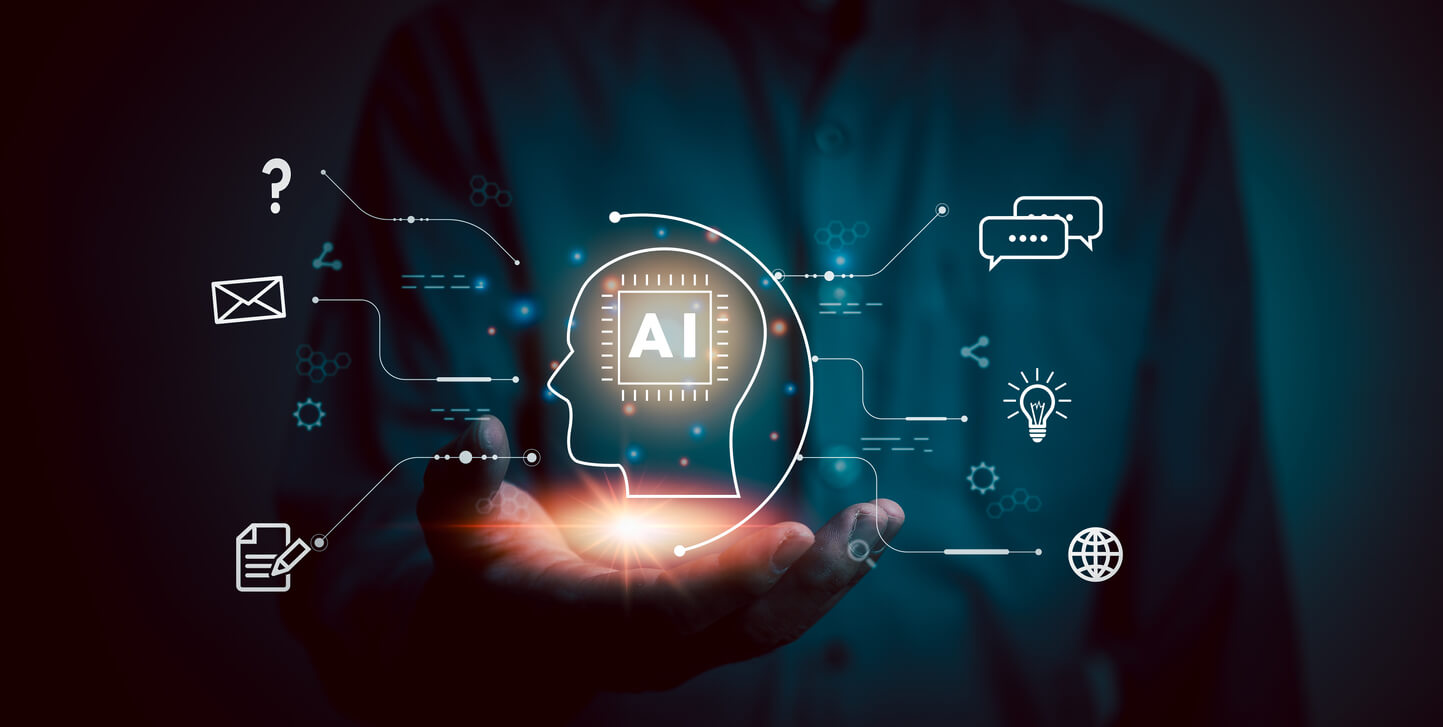In recent years, customer service has changed significantly. A lot of businesses have started to streamline their customer service channels so that the majority of clients never talk to a live agent on the phone. Actually, a lot of businesses now only allow direct human contact with elite members or clients who are prepared to pay more. As a result, automated systems handle the majority of questions.
A once-standard service has now become a privileged amenity as a result of this change, but companies who decide to use this tactic should exercise caution. Particularly in a field like customer service, where a bot isn’t always sufficient, human interaction is invaluable. The customer service division should aim to enhance the human experience by leveraging cutting-edge technologies like artificial intelligence.
However, it’s crucial to keep in mind that AI cannot fully replace people in the hospitality industry. An essential resource, humans are required to keep an eye on the robots. That’s why, despite the popularity of AI, the number of jobs in the hospitality industry remains generally unchanged. This is evident even in the number of vacancies on job search sites such as Layboard.
For example, AI can partially replace baristas, but not completely. There are modern coffee machines on the market that offer a whole menu of drinks and can remember the wishes and preferences of regular customers. They are very modern and have different settings, but many people still attach great importance to the technology of coffee making. That is why you can see many barista vacancies on https://layboard.in/vacancies/jobs-in-oman/specialty/barista. Job search platforms are always the first to demonstrate the real situation on the labor market and in the economy as a whole.
AI: what to anticipate
Artificial intelligence has been a catchphrase that businesses employ haphazardly to try to stay up to date with ChatGPT’s impressive launch in late 2022. However, the majority of people now expect AI to help them and see its features as a given rather than a standout feature. Indeed, studies reveal that 64% of business owners think AI would enhance their customers’ experiences, and 80% of people expect AI and bots to Improve customer relationships.
Given these figures, businesses are urging customers to handle their own issues by promoting chatbots, emails, and frequently asked questions. All of this is done for the sake of efficiency and, eventually, financial gain.
However, a company’s customer service issues cannot be resolved by artificial intelligence alone. Customers should still have an alternative if AI is unable to offer them the best answer, even though self-service solutions are becoming more and more popular. People need to be informed, and approaching interpersonal communication as a high-end service is a surefire way to annoy a lot of clients.
The fact is, AI can answer a lot of common queries, and as long as it can do it fast and accurately, most consumers won’t care if a human or an AI answers their query. All they want is a solution. However, when AI is unable to satisfy customer expectations, businesses should simply connect customers to the next available human agent rather than charging more or higher membership levels for human interaction.
Using artificial intelligence to provide tiers of customer care
Customer service tiers aren’t awful, but artificial intelligence alone can’t meet them. Nonetheless, AI can support human assistance by providing fundamental functions such
- Availability around-the-clock and prompt responses to frequently asked questions
- Automating commonly asked inquiries and resolving simple problems
- Automated scheduling of appointments
These characteristics allow AI to meet the majority of basic demands on its own. If this isn’t feasible, the consumer shouldn’t have to repeat all of their information during the smooth handoff to a human. To deliver the greatest experience, AI and human representatives should collaborate.
The potential for sophisticated artificial intelligence support does exist, though. Premium users who increase their membership level or pay an additional charge will have access to these features. Based on previous consumer behavior, this cutting-edge artificial intelligence may provide individualized product recommendations and predictive help. Furthermore, the more customer data the AI collects, the better the service will be, allowing devoted clients to benefit from a customized experience based on past information about them.
However, some industries—like mental health services—should refrain from utilizing AI for customer support inquiries. The usage of AI can interfere with the experience of someone seeking assistance for oneself or a loved one, and this industry frequently receives urgent and sensitive service requests. Successful discussions in these fields rely on an understanding individual giving them the support and knowledge they require. The fundamental objective of customer service, despite evolving logistics, is always to give each and every customer the finest service possible. Although AI-based solutions might enhance customer service, people will always be needed in this setting.
Additionally, making human interaction a premium service will only drive away clients who just want to discuss their issues with a human. Companies that seamlessly equip their staff with AI technologies to provide pleasant customer service and guarantee long-term business success are the most forward.































